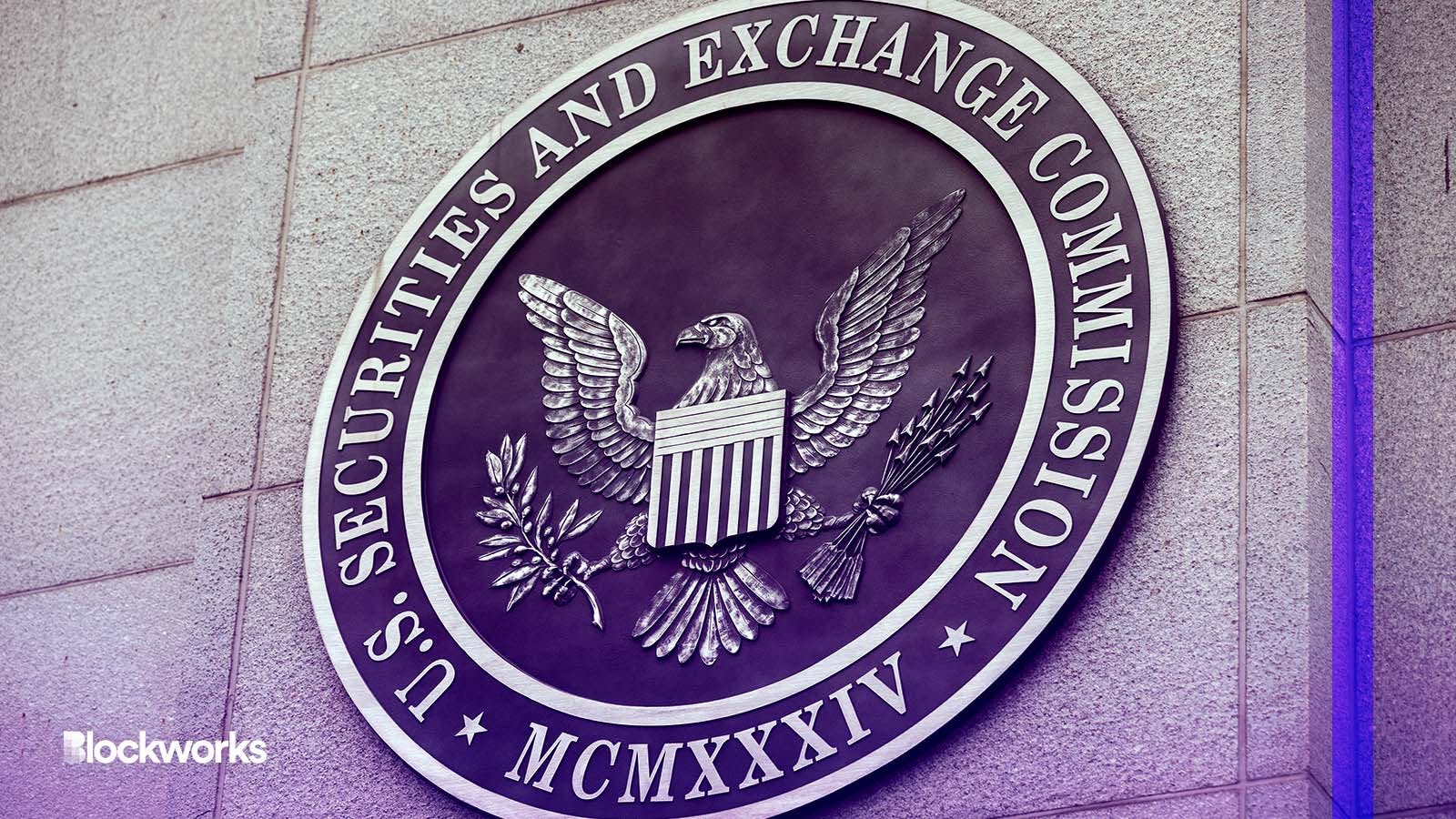Binance is FTX Redux, Bank Run Seems Inevitable: Ex-SEC Lawyer
With US lawmakers on high alert after FTX, the SEC’s former chief of internet enforcement is worried about a potential Binance bank run

AevanStock/Shutterstock.com modified by Blockworks
John Reed Stark, a former attorney for the US Securities and Exchange Commission (SEC) and staunch crypto critic, has labeled Binance a “shadow bank” that mints its own “counterfeit currency” while providing financial services with little US regulatory oversight.
If investors lose confidence and rush for the exits, a Binance bank run could cause “devastating investor carnage,” the former SEC executive tweeted Monday.
A bank run occurs when customers lose confidence in a financial institution and rush to withdraw funds, often leading to the firm’s collapse. FTX crumbled under more than $8 billion in customer withdrawals throughout early November, ending in its bankruptcy.
Stablecoin issuer tether and, more recently, Binance stablecoin partner Paxos, have also experienced what could be described as bank runs over the past year — surges in demand for cash redemptions to the tune of billions.
Those entities have so far handled redemptions. And Binance itself has managed to meet withdrawal demand over the past few months, albeit with some interruptions to particular banking channels.
Still, Binance is a crypto exchange, not a stablecoin issuer or a bank. Unlike a traditional bank, Binance is not subject to the same regulations and does not hold deposits in the same way, making the possible consequences of a run even more severe, Stark said.
He pointed to FTX, Celsius, BlockFi and Voyager as warnings for what might happen if Binance couldn’t handle a potential bank run: customers would be denied funds, making them unsecured creditors in bankruptcy proceedings which could take months or even years to play out.
According to Stark, in order for exchanges to operate properly, they need regulatory oversight, audit, inspection, insurance, net capital limits, commingling rules, licensure of individuals and other regulatory protections.
Binance has previously asserted the legitimacy of its operations and has emphasized commitment to adhering to all relevant regulations, though it has often run afoul with multiple regulators worldwide.
Bank run or not, Binance is under scrutiny
Stark’s concerns come amid growing fears from US Senators of money laundering and other threats to US national security, including progressive Democrat Elizabeth Warren, who demanded Binance hand over its records last week.
“Your companies’ apparent attempts at evading the enforcement of anti-money laundering laws, securities laws, information reporting requirements, and other financial regulations cast serious doubt on the stability and legitimacy of Binance and its related entities and on your commitment to your customers,” Warren wrote alongside two other Senators.
Binance, the top crypto exchange in the world by trade volume, is also expecting to pay fines in the US over the close relationship between two trading firms which operate on the platform and CEO Changpeng Zhao.
The Wall Street Journal detailed on Monday how a Binance executive cautioned fellow employees in a 2019 chat that legal action by US regulators could have catastrophic consequences for the company and its leadership.
Binance and Stark did not immediately respond to Blockworks’ requests for comment.
Get the news in your inbox. Explore Blockworks newsletters:
- The Breakdown: Decoding crypto and the markets. Daily.
- 0xResearch: Alpha in your inbox. Think like an analyst.






